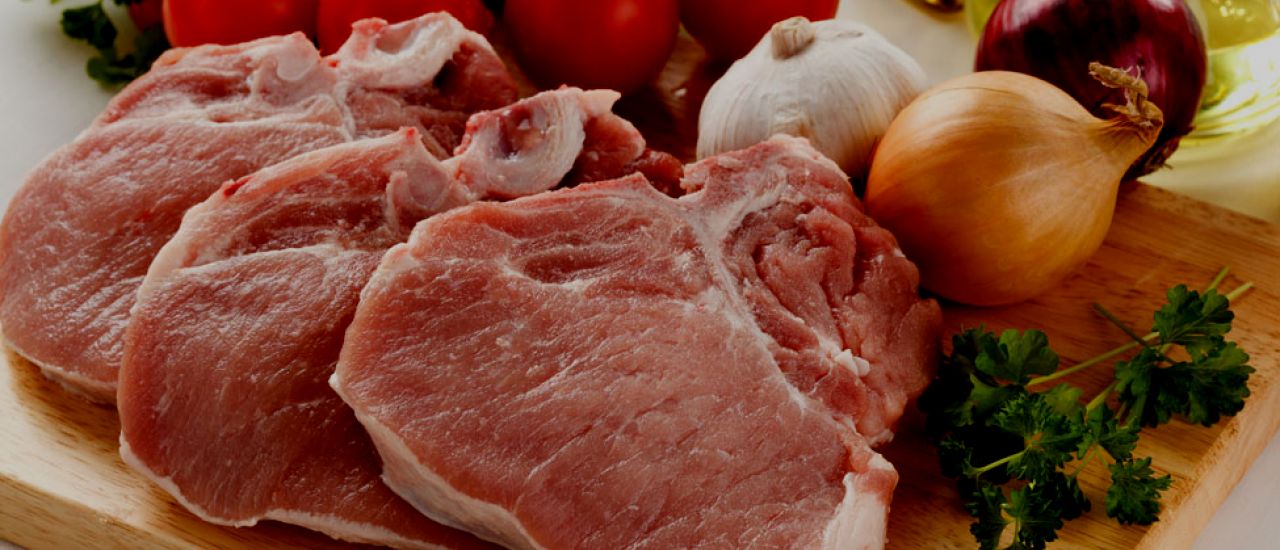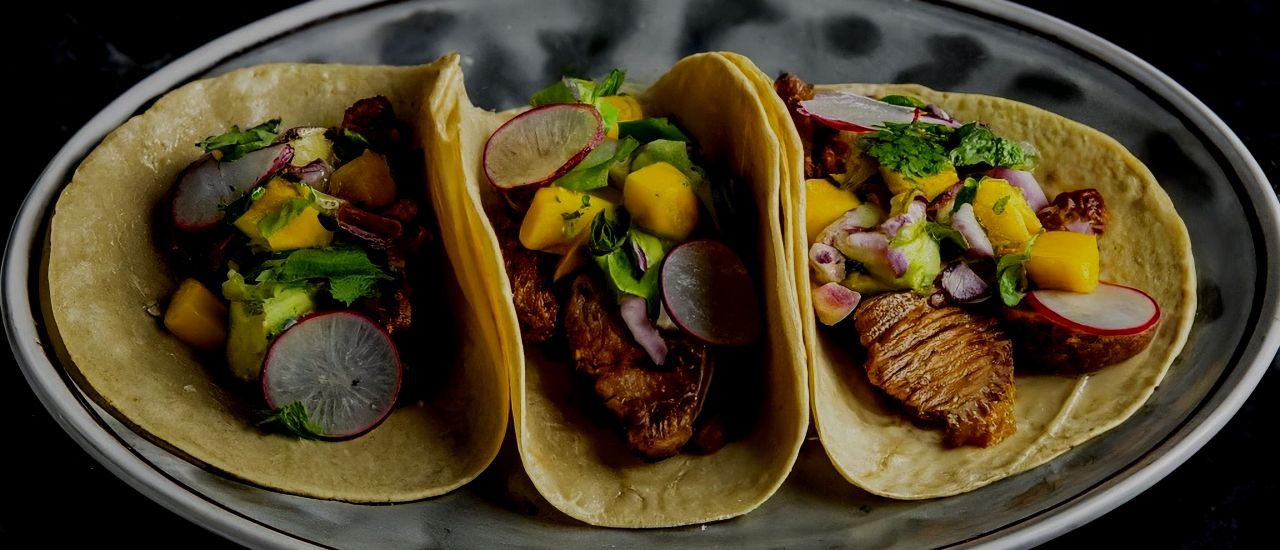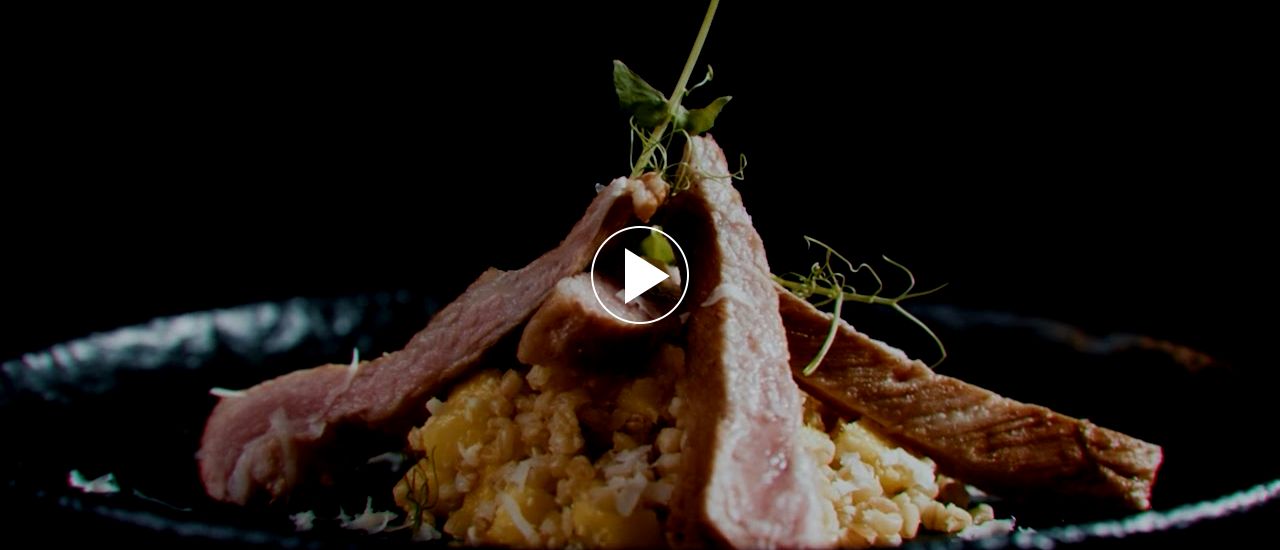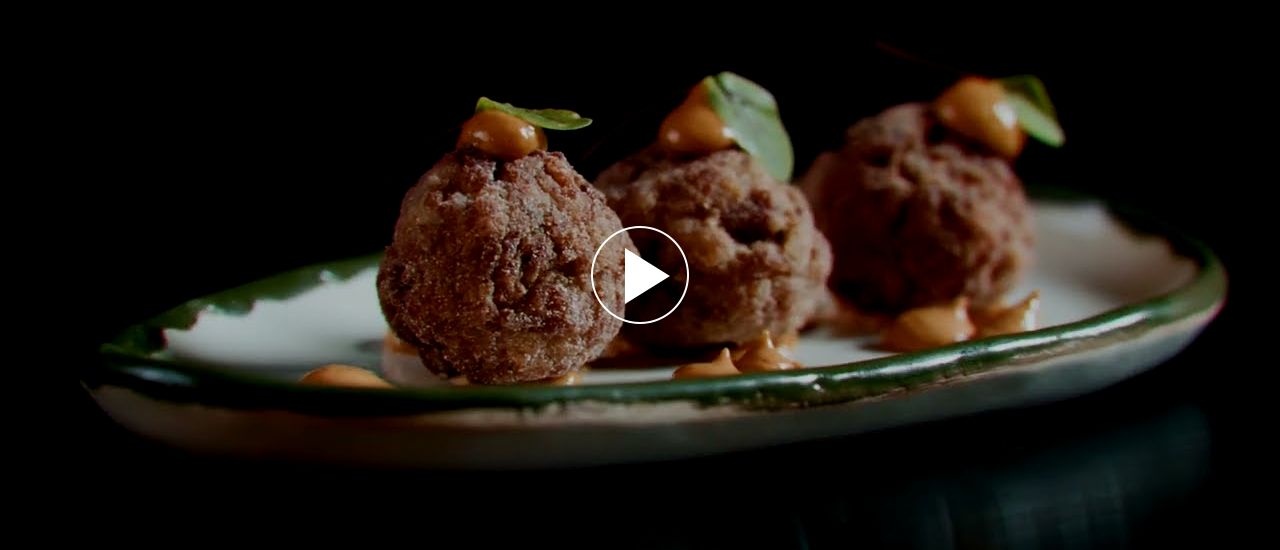The Sociedad Española de Farmacia Familiar y Comunitaria (SEFAC) has produced a Guide to nutritional action in cancer patients. It insists on the importance of diet in the prevention and treatment of cancer. Spanish society is abandoning its good traditional habits, among them, eating pork. We follow the Mediterranean diet only by “halves” and experts warn us that in recent years there has been an alarming reduction in the variety of foods that we eat, so that our nutrition is impoverished.
Mediterranean diet
The Mediterranean diet is not a low-fat diet, as some people think, but a diet with very different sources of nutrients, with some fats, because they are also necessary for life. However there are many different types of fats and not all of them are so beneficial.
Red meats and processed meats (such as young beef and charcuterie) have high indices in saturated fats, which are those responsible for cholesterol in the blood. White meat (such as pork or poultry) contains much less fat marbling in the muscle so that, in addition to having less fat than red meat, it is also very easy to remove, so that even less is ingested.
Protection against cardiovascular disease and anaemia
The traditional Spanish diet included a high consumption of pork, but some years ago the idea spread that this meat was very fatty and therefore not healthy. Nothing could be further from reality. Pork, in addition to being less calorific than others, supplies the organism with the essential fatty acids that protect us from cardiovascular illness, such as oleic acid which is also present in olive oil.
For these reasons, pork is very recommendable for cancer patients with a risk of anaemia, as it provides large quantities of vitamins, zinc, phosphorus, iron… and only a small amount of fat. Eating pork helps in synthesising nutrients from other foods, such as vegetables. It is also a very valuable food in the diet for people with special nutritional needs, such as children, adolescents and pregnant women.












Add new comment